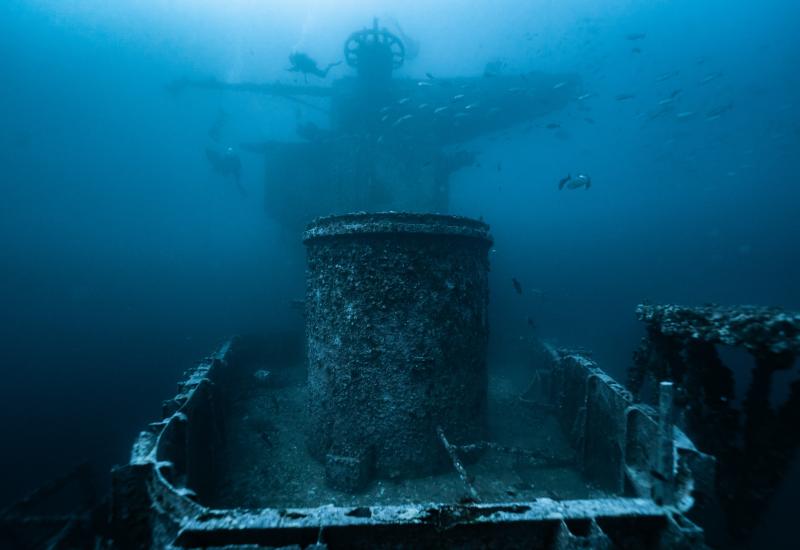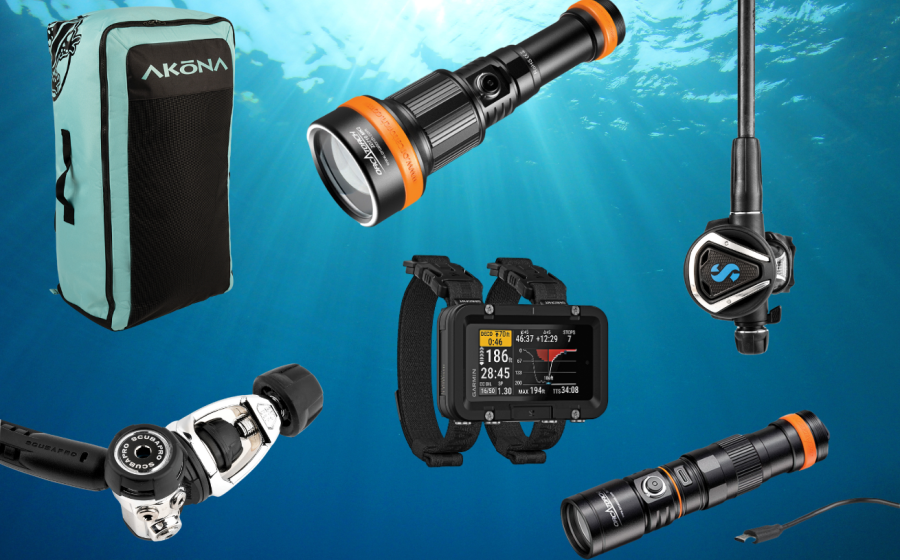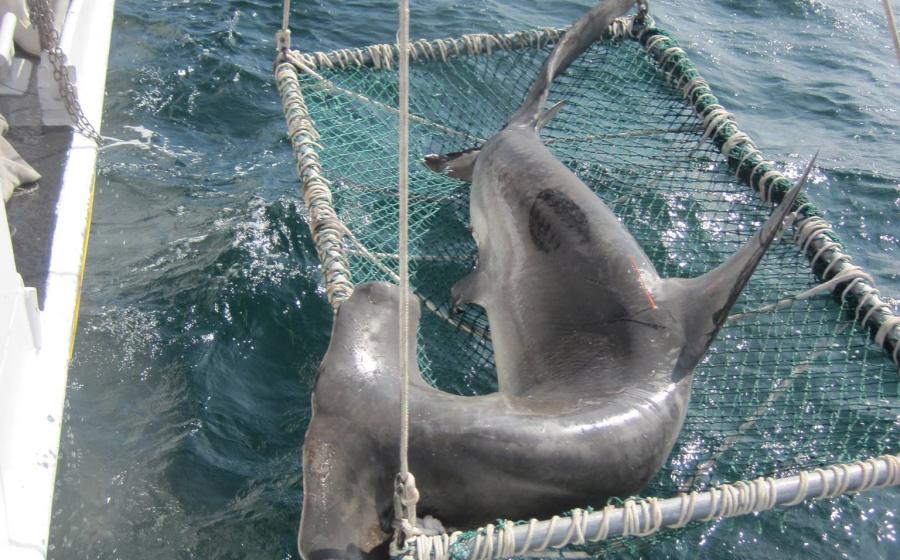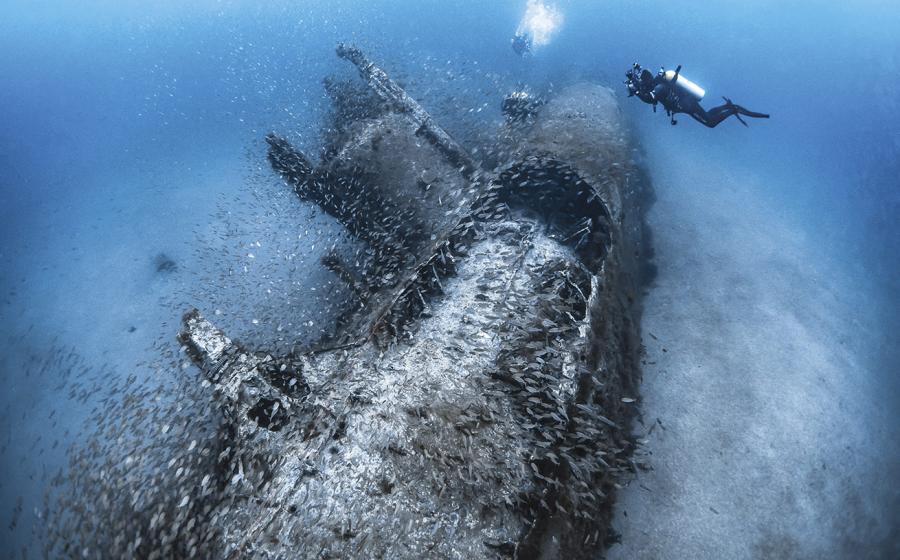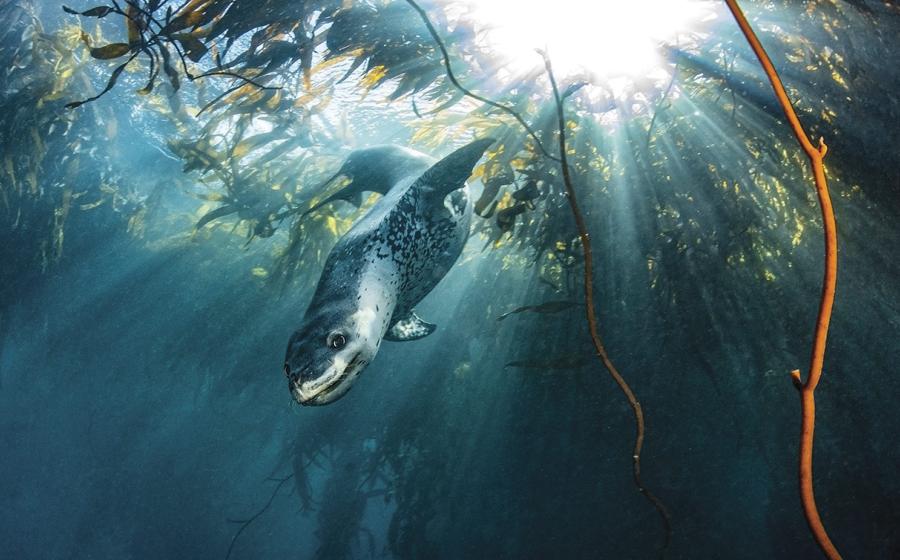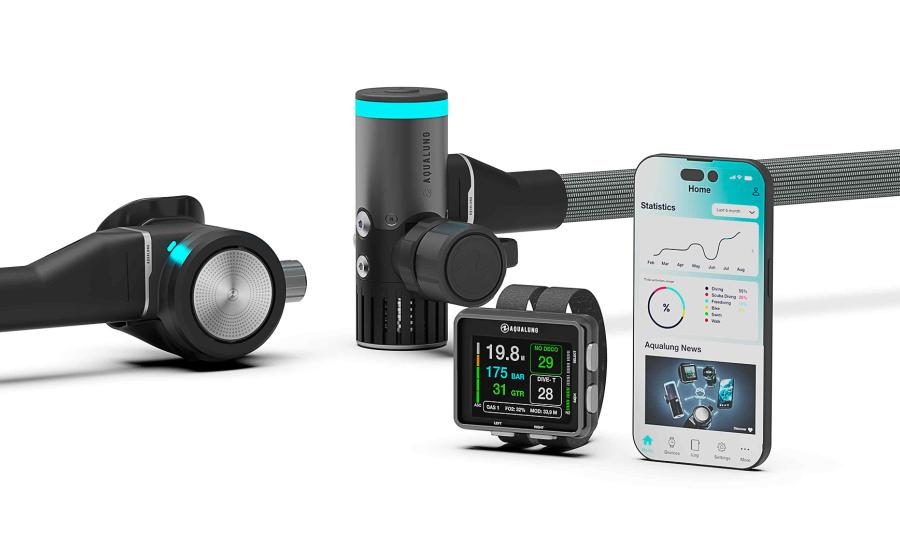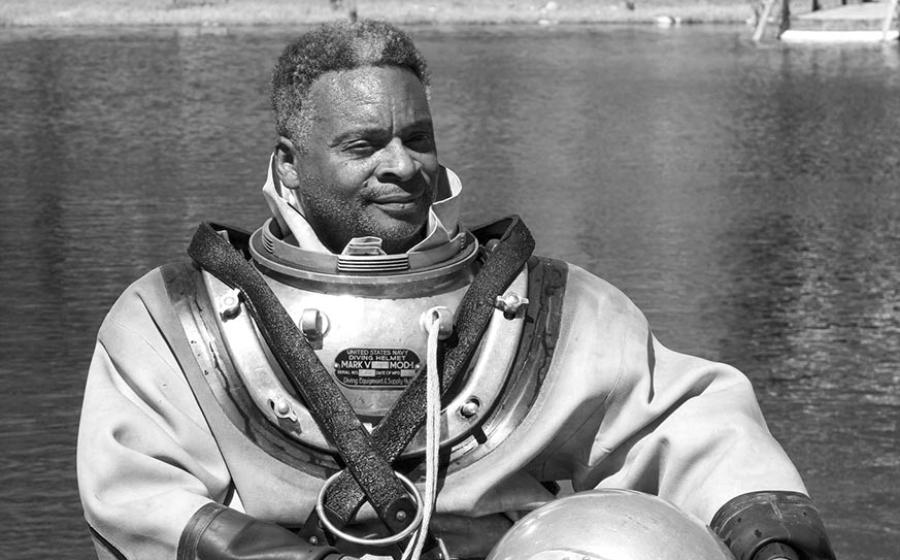8 Reasons to Learn to Dive in Florida
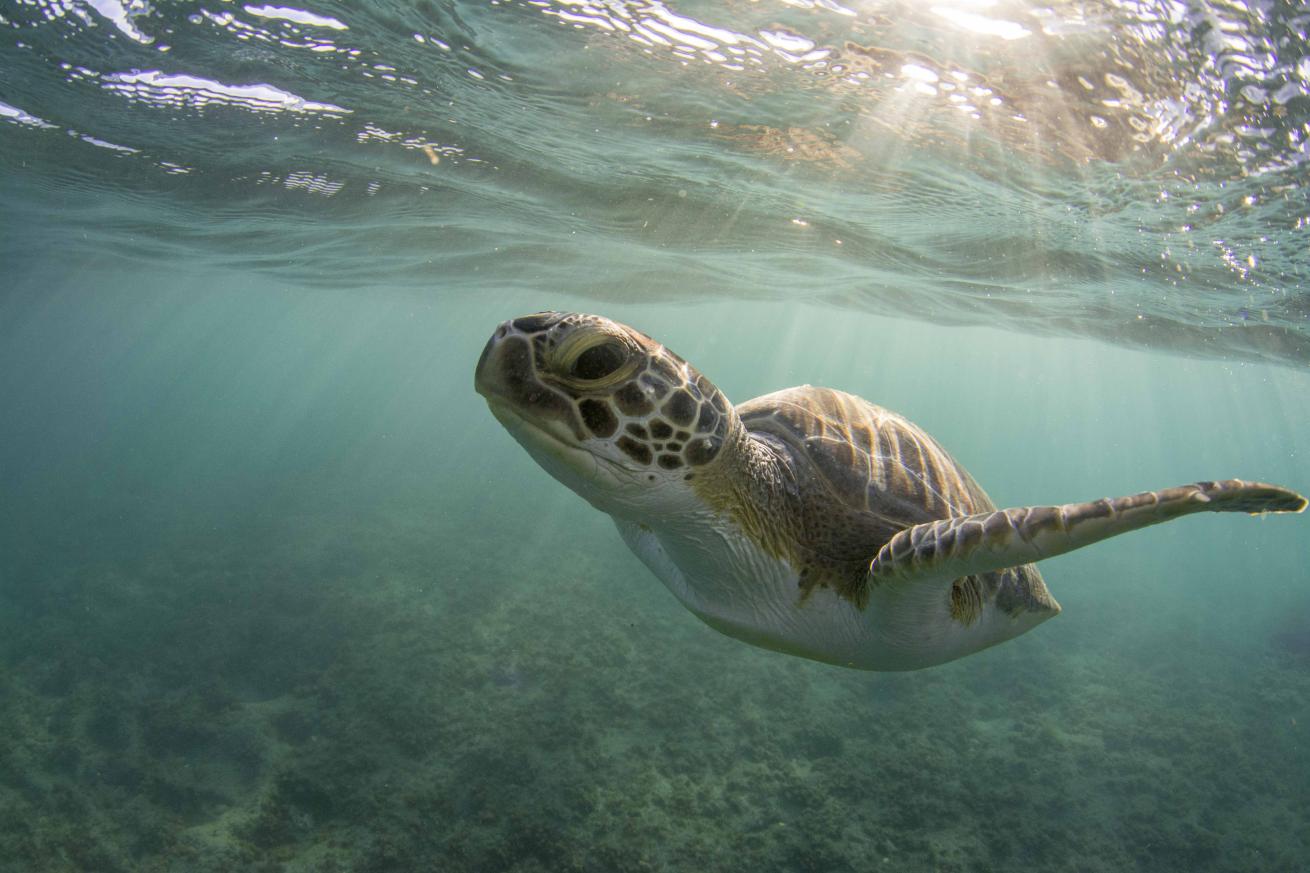
Bethany AugliereJuvenile green sea turtle surfacing to breathe in South Florida.
At the age of eight, I had the chance to explore a coral reef in the Florida Keys while diving with a SNUBA setup, in which my cylinder was tethered to a raft floating on the surface. I instantly loved breathing underwater and immersing myself among the fish, hoping to glimpse a shark, which I was told was rare. That experience hooked me on diving for life—especially in the Sunshine State.
Here are eight reasons South Florida is a premier destination for learning to scuba dive.
1. Diversity of Marine life and Habitats
Florida boasts a segment of the world’s third-largest barrier reef, numerous shipwrecks, a designated national marine sanctuary, artificial reefs, freshwater springs and top-ranked shallow-water muck diving. “I may be biased, but other than massive walls, Florida has it all,” says Scuba Diving Sea Hero Shana Phelan, PADI IDC Staff Instructor and a co-owner of Pura Vida Divers based in Riviera Beach, Florida.
“We frequently have seahorses, frogfish and octopus, and then large megafauna like sharks, rays, Goliath groupers and turtles,” Phelan says. “We always have an abundance of resident sea life, but seasonal encounters vary throughout the year. We snorkel with manatees in the winter as they travel to warmer water, we hang with sea turtles all summer long witnessing them offshore mating and snoozing and onshore nesting and we dive with Goliath groupers as they aggregate every fall to spawn.”
For Bill Cole, president of Sea Experience dive shop in Fort Lauderdale, the favorite marine life they frequently encounter on the reef and wrecks include Atlantic goliath grouper, sea turtles, stingrays, nurse sharks and moray eels.
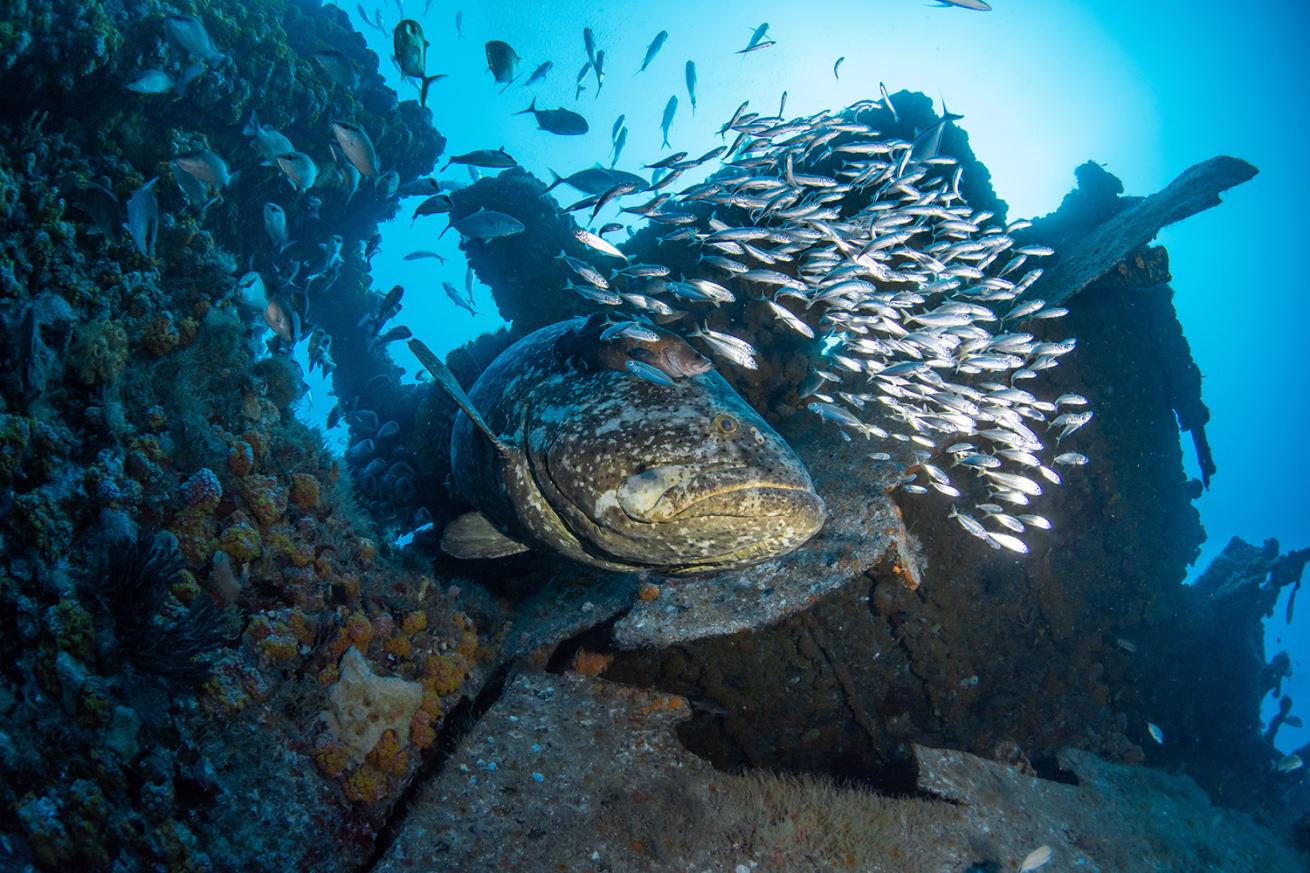
Courtesy Nicodemo IentileDivers can see incredibly species of wildlife while learning to dive in Florida, including critically endangered goliath grouper which weighs up to 800 pounds.
2. Year-Round Diving
While summertime is usually warmer and consistently calmer offshore (although it is hurricane season), scuba diving happens all year long. This provides ample opportunities and flexibility for planning your dives.
In the winter, water temperatures average around 70 degrees, which might require a full wetsuit and hood, but in the summer temperatures reach the high 80s, and a light rashguard is sufficient to stay warm and protected.
“Florida is a great place to learn how to dive because it is easy here. The climate is good year-round, and the ocean dive sites provide warm, clear water and colorful, plentiful marine life,” says Cole.
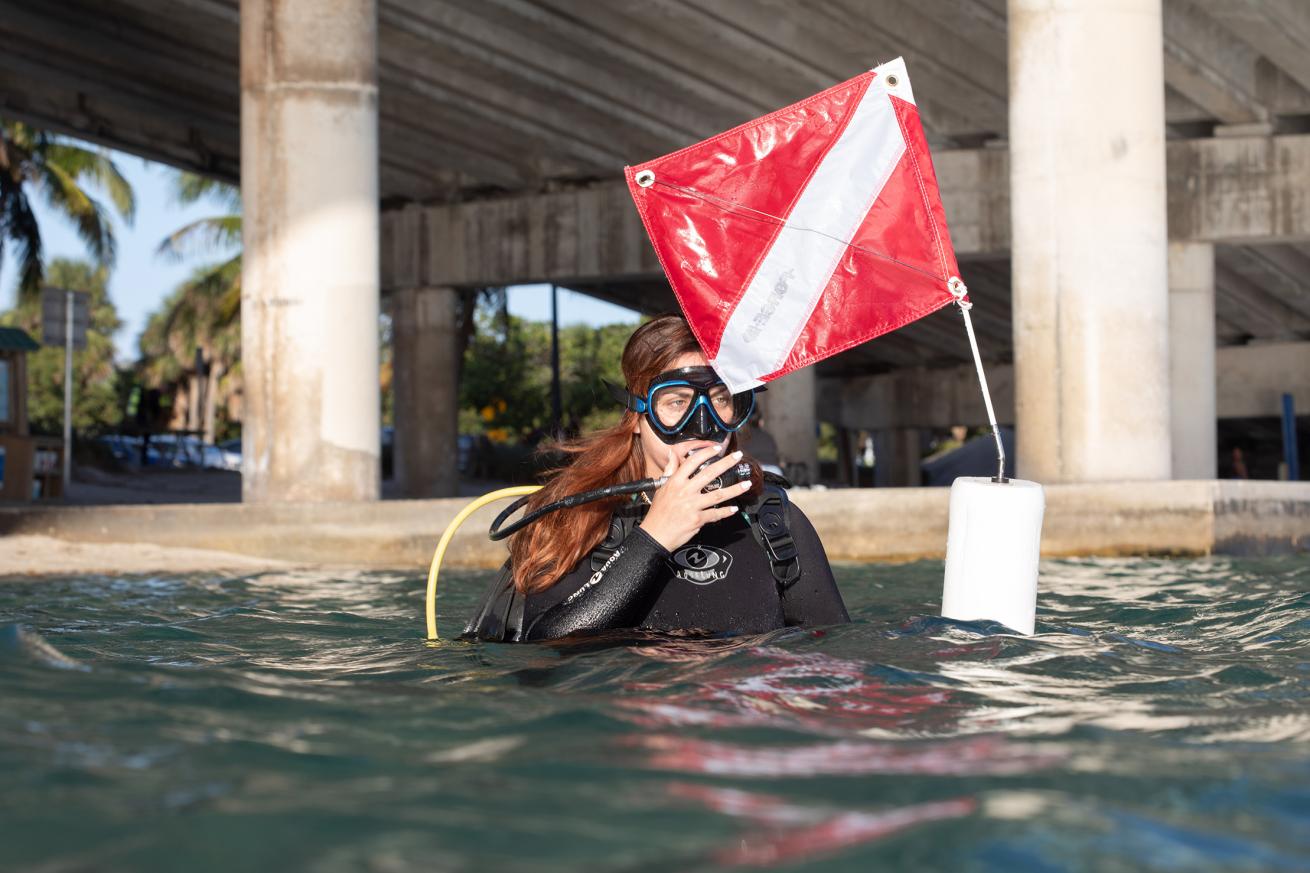
Kristin PaterakisThe Blue Heron Bridge is a favorite dive site in Palm Beach County for divers of all levels.
3. Beginner and Family-Friendly
Warm water, clear visibility, plenty of shallow dive sites and gentle currents mean Florida is a great place for beginner divers.
“The Blue Heron Bridge is a fantastic spot for the first few introductory dives because it's shallow, allows for a beach entry—which helps ease new divers in—and there are tons of critters to see,” says Phelan. “Offshore, south Florida is part of the third largest barrier reef in the world. We have many dive sites in the 50- to 60-feet range, which is ideal for entry-level divers.”
“Willies Way, The Caves and Barracuda Reef are a few of our favorite dive sites for training because they are the right depth for learning—20 to 30 feet—nice sandy areas for demonstration of skills and surrounded by beautiful coral reef,” says Cole. “For Open Water Diver training dive three, we have a variety of wrecks that are shallow enough to visit. These wrecks are part of our artificial reef and attract loads of marine life.”
4. Shore Diving
If boats aren’t your thing, there are plenty of places to dive from land in Florida like the Blue Heron Bridge, the freshwater springs or shallow spots off the South Florida coast, such as the mitigation reef less than 100 yards off Singer Island beach. The site is just 10 to 15 feet deep, and because it’s north of the Palm Beach Inlet it can experience currents that attract large marine animals like tarpon, eagle rays, manatees and nurse sharks.
Other popular shore diving sites include Lauderdale-by-the-Sea and the Dania Beach Erojacks in Broward County.
Related Reading: How To Pick a Scuba Diving Instructor
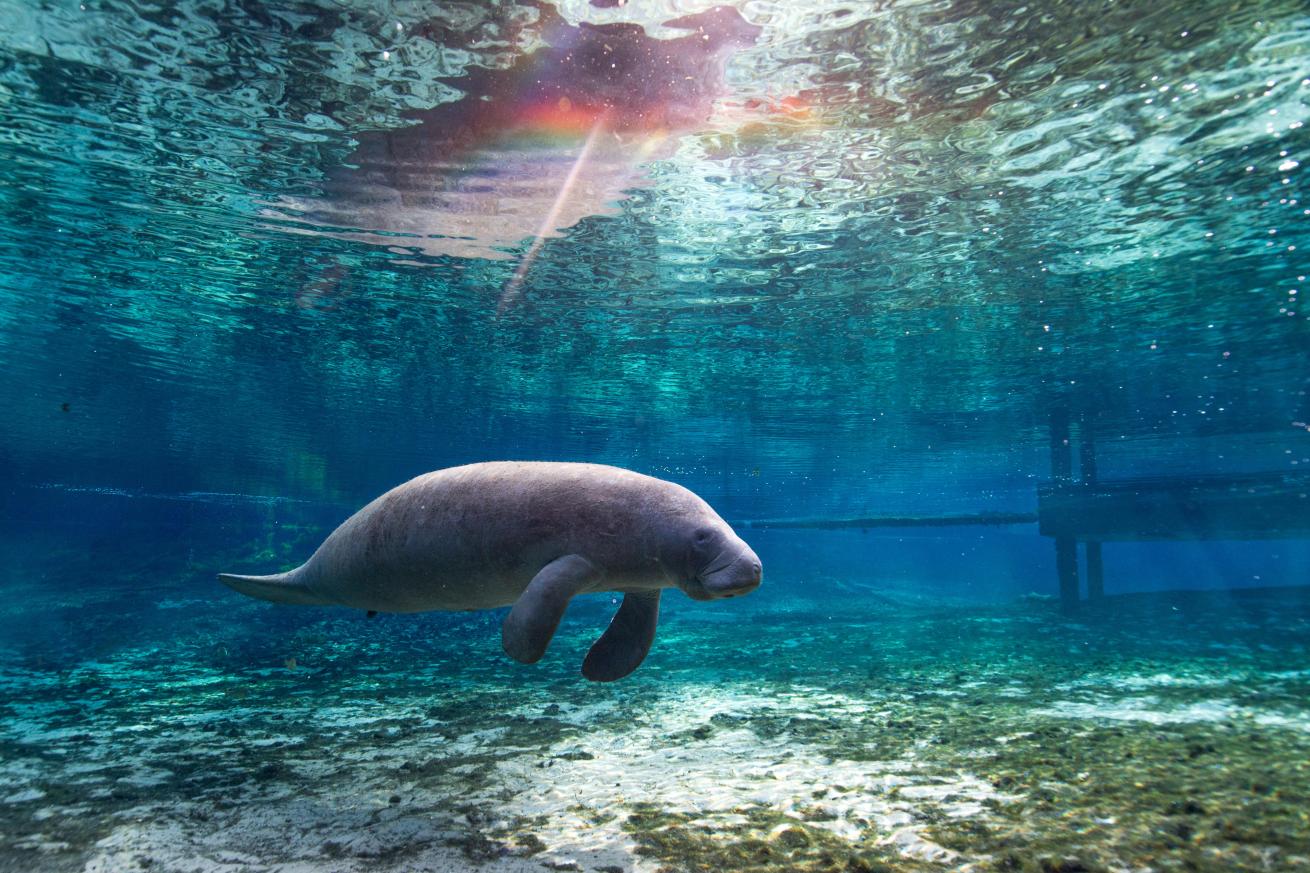
Bethany AugliereIf you prefer freshwater, Florida has many freshwater springs to dive and snorkel.
5. Ease of Travel
Florida offers a great network of airports and direct-flight options that make traveling to the state easy and convenient. In some airports, like Palm Beach International or Fort Lauderdale-Hollywood International, “you're only about 20 minutes from getting off the plane to getting on a dive boat,” says Phelan.
6. Topside Attractions
When visiting Florida for scuba diving, there is also plenty to enjoy when you’re done (or if you get blown out from rough seas). The beaches attract millions of visitors annually to enjoy the beach, water sports and beachfront entertainment.
For those interested in more wildlife watching and ecotourism options, Florida offers plenty of opportunities to explore. Everglades National Park is a UNESCO World Heritage Site known for its unique wetlands and wildlife, including alligators, crocodiles, manatees and a variety of birds.
In fact, South Florida is the only place in the world where you will find alligators and crocodiles coexisting. Additionally, Florida's numerous state parks provide hiking, birdwatching, camping and kayaking experiences. Some nature centers to check out include Gumbo Limbo Nature Center, Cox Science Center and Aquarium, Manatee Lagoon, Florida Oceanographic Coastal Center and the Phillip & Patricia Frost Museum of Science, just to name a few.
If you need a change of pace from nature, Orlando is a major hub for theme parks, including Walt Disney World Resort, Universal Orlando Resort and LEGOLAND Florida Resort. There’s also the Kennedy Space Center, Ringling Museum of Art in Sarasota and many other museums. If you’re into sports, check when your favorite team is in town, or become a local and cheer for one of South Florida’s own—the 2024 Stanley Cup champion Florida Panthers, the Miami Dolphins or the Miami Marlins.
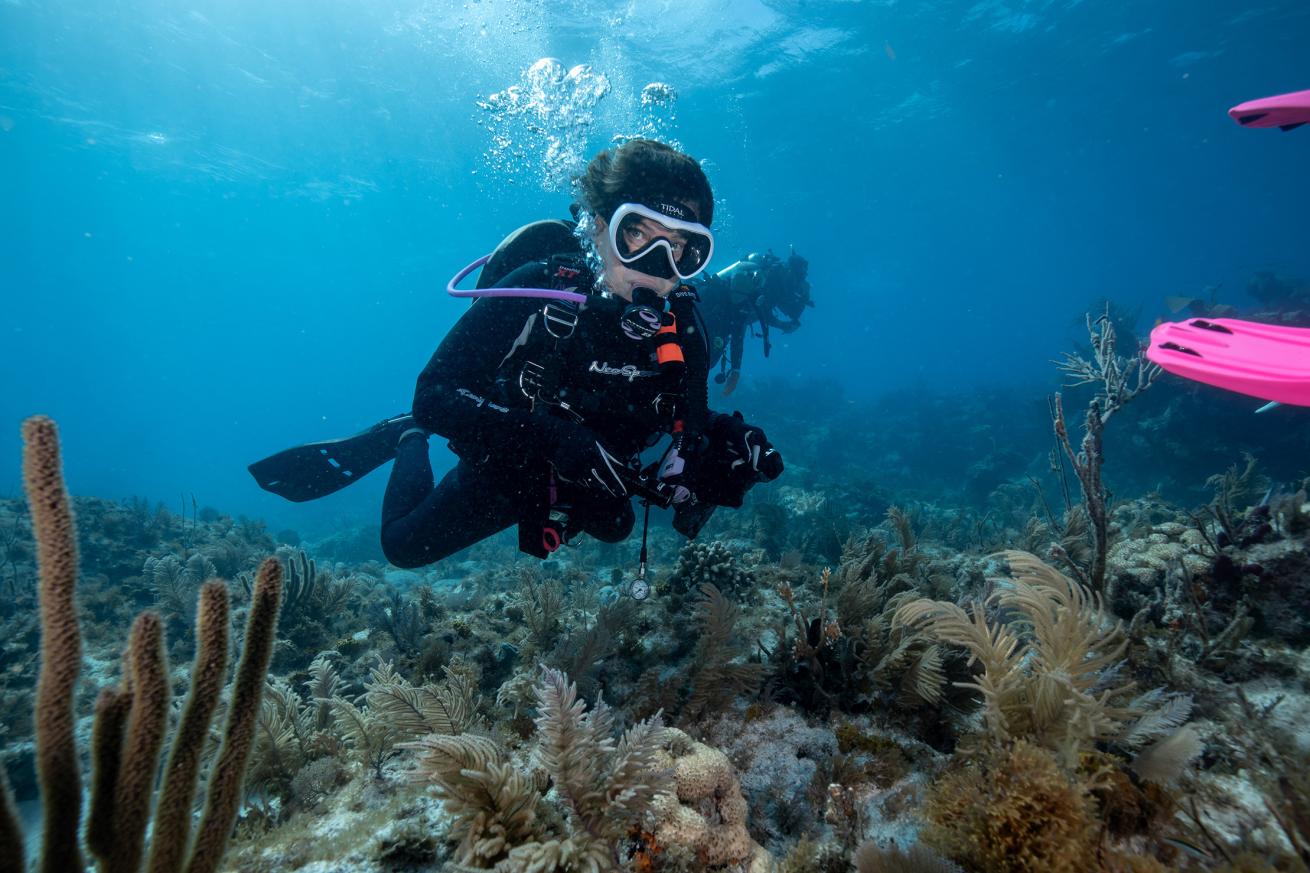
Kristin PaterakisDivers can turn their passion for the underwater world into real action by taking the Dive Against Debris Specialty course.
7. Conservation Efforts
In Florida, scuba divers can play a role in conservation efforts and marine science research.
The Florida Department of Environmental Protection coordinates offshore reef cleanups each summer that dive shops—like Pura Vida Divers—participate in, as well as the “Adopt a Park program where we dive 10 times a year for marine debris,” Phelan says. Additionally, divers have opportunities to contribute to fish surveys, help with reef monitoring and participate in coral restoration dives.
Related Reading: How to Dive the Florida Panhandle Shipwreck Trail
8. Continuing Education
“We love to teach new divers,” says Cole. “It’s fun to share the moment with someone when they take that first breath underwater. Our instructors are very patient with new divers and enjoy showing them all the cool life in our ocean playground."
In fact, some students that tried to learn in inland lakes and quarries later come to Fort Lauderdale to finish their training where it is warm and clear; taking away some of the stress when learning a new sport.
"I admit when I first learned to dive, I dove anywhere that I could get my head underwater, but that’s not for everyone and diving in warm water has spoiled me," Cold says.
And if you decide to continue your scuba-diving education, Florida has everything you need from advanced certification to wreck, deep, drift or night diving specialties—even cave diving.
Phelan also says there are many professional training opportunities, including at her shop. “If you'd like your hobby to become your lifestyle, we've got you covered.”




